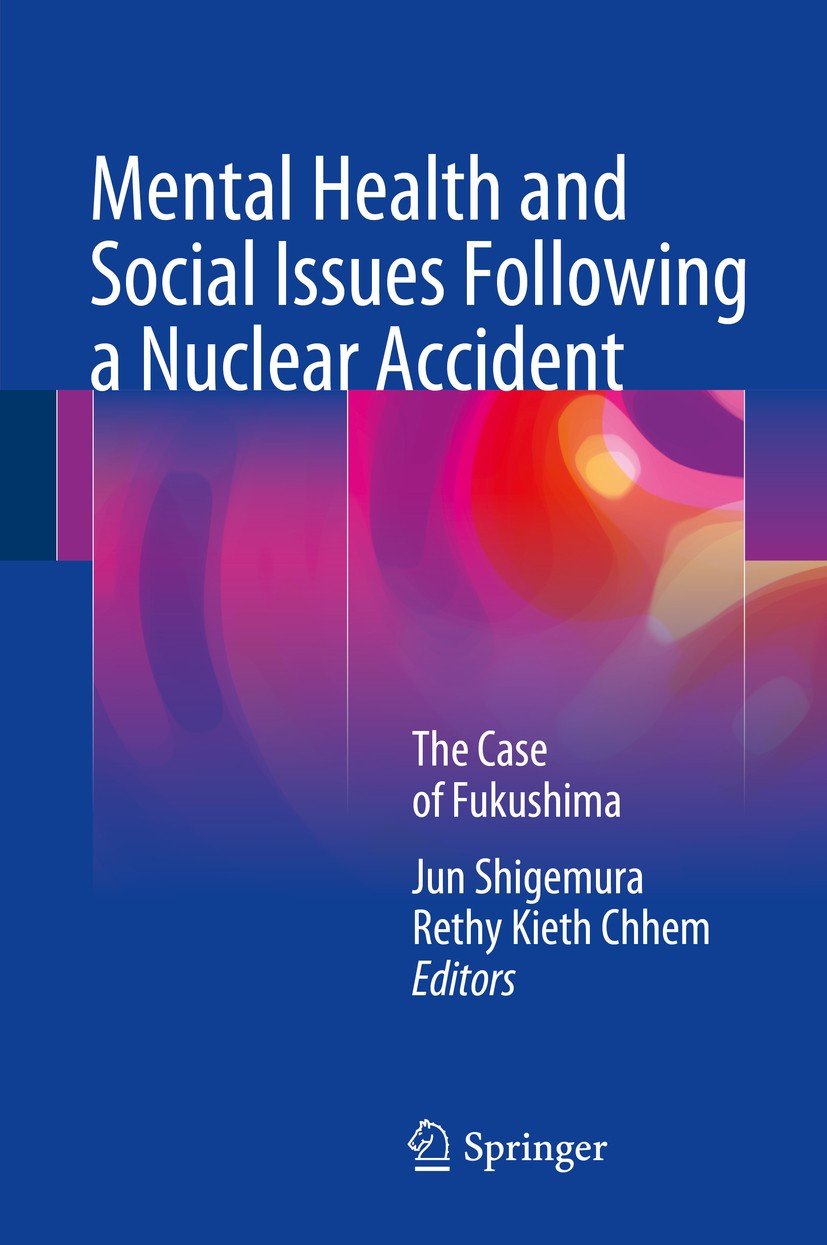| 书目名称 | Mental Health and Social Issues Following a Nuclear Accident | | 副标题 | The Case of Fukushim | | 编辑 | Jun Shigemura,Rethy Kieth Chhem | | 视频video | http://file.papertrans.cn/631/630805/630805.mp4 | | 概述 | Highlights mental health issues following the Fukushima nuclear disaster.Addresses psychosocial issues that produce negative impacts such as discrimination, stigmatization, and scapegoating.Contrasts | | 图书封面 |  | | 描述 | .This book focuses on mental health issues arising in the wake of the Fukushima nuclear disaster. Three years after the 11 March 2011 Great East Japan Earthquake, tsunamis, and Fukushima Daiichi nuclear accident, roughly 130,000 individuals continue to face enormous burdens as a result of mandatory evacuation. Many evacuees still live in temporary housing, and returning home remains a distant dream as they wait for the decontamination of the danger zone to be completed. However, the plant recovery process is still evolving, and the complete cleanup will take decades. Beyond all of these hardships, many evacuees are also mourning the loss of their loved ones. The compound disaster with its many uncertainties poses and will continue to pose serious emotional and social challenges. People affected by the nuclear disaster have been facing serious psychological challenges from ongoing fear of radiation exposure. Furthermore, there is continuing debate between various stakeholders on the options for disaster responses. This situation in turn produces adverse public responses, such as discrimination and stigmatization of the evacuees and scapegoating of the authorities and nuclear plant w | | 出版日期 | Book 2016 | | 关键词 | Crisis communication; Disaster mental health; Fukushima Daiichi; Great East Japan Earthquake; Nuclear di | | 版次 | 1 | | doi | https://doi.org/10.1007/978-4-431-55699-2 | | isbn_softcover | 978-4-431-56678-6 | | isbn_ebook | 978-4-431-55699-2 | | copyright | Springer Japan 2016 |
The information of publication is updating

|
|
 |Archiver|手机版|小黑屋|
派博传思国际
( 京公网安备110108008328)
GMT+8, 2025-12-30 18:46
|Archiver|手机版|小黑屋|
派博传思国际
( 京公网安备110108008328)
GMT+8, 2025-12-30 18:46


